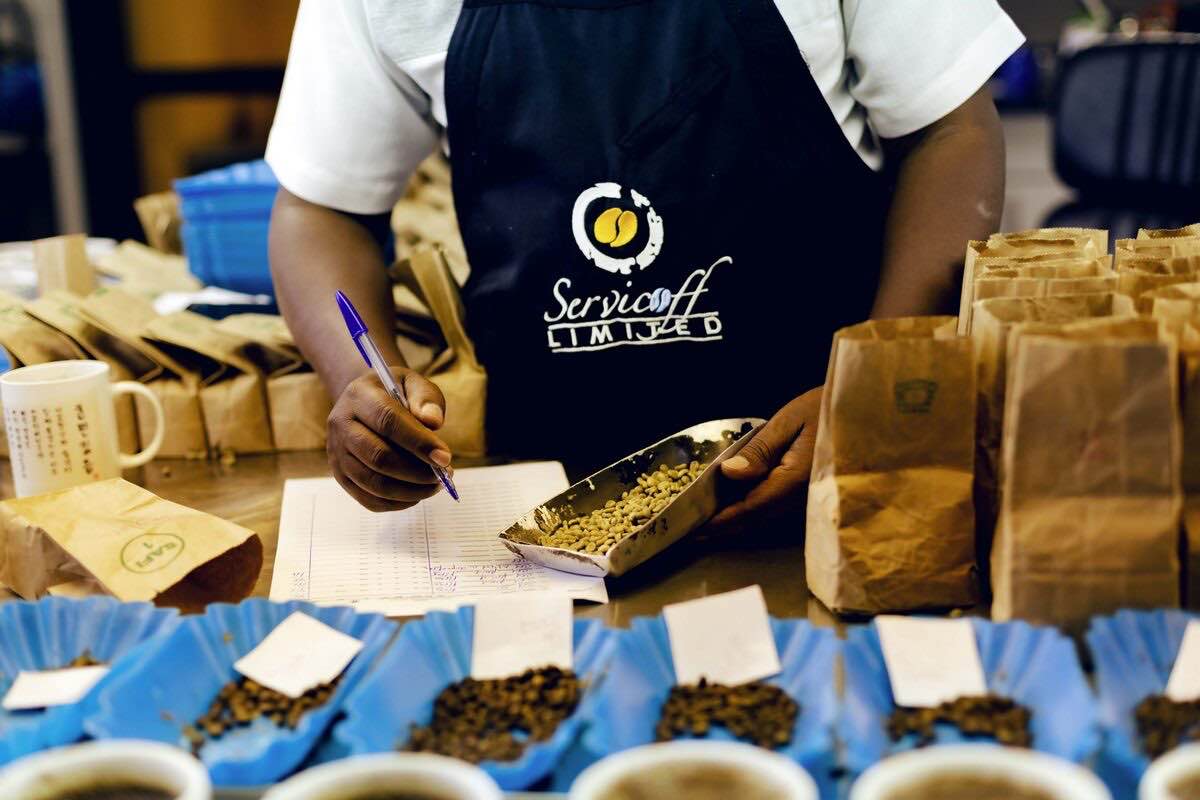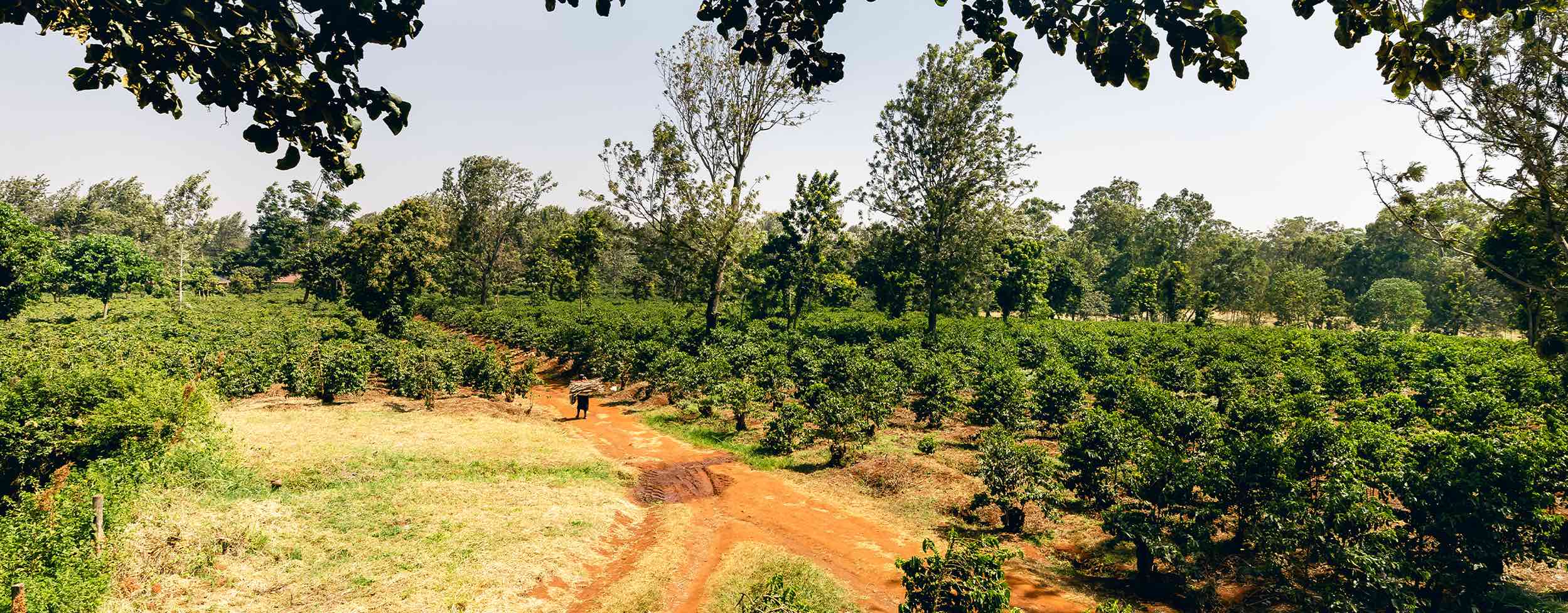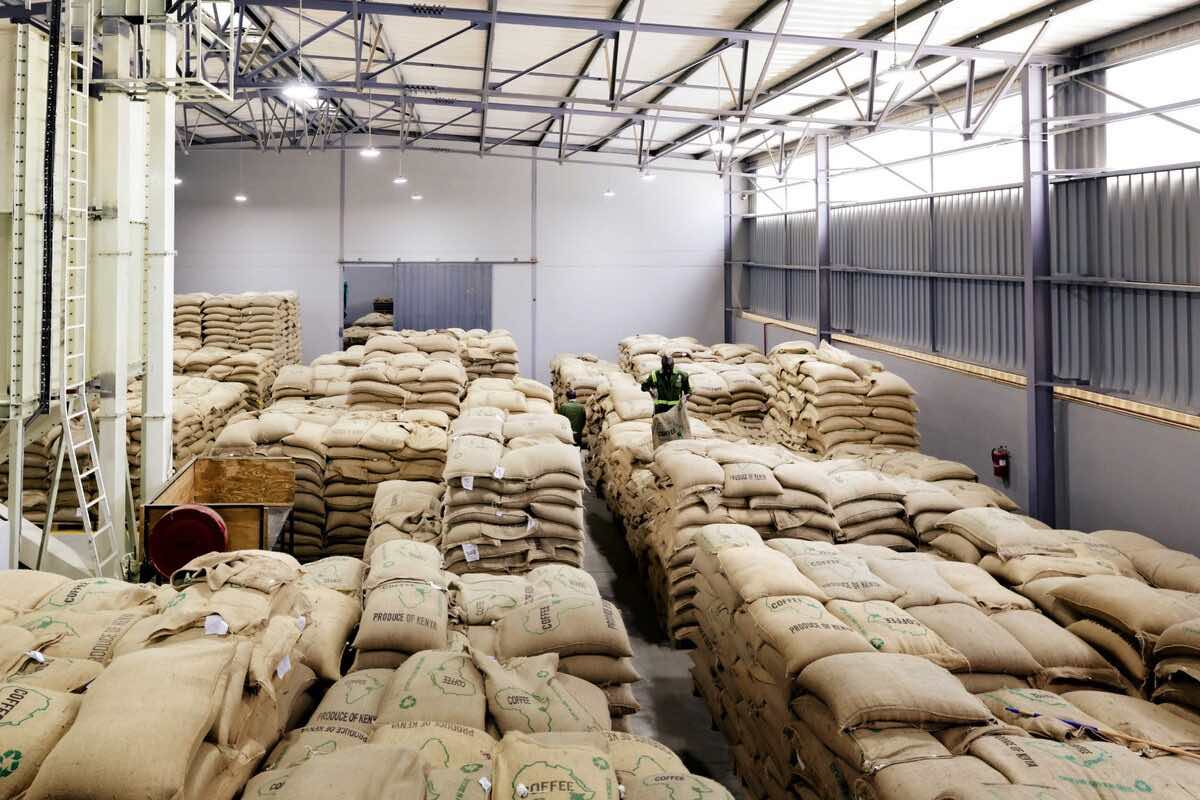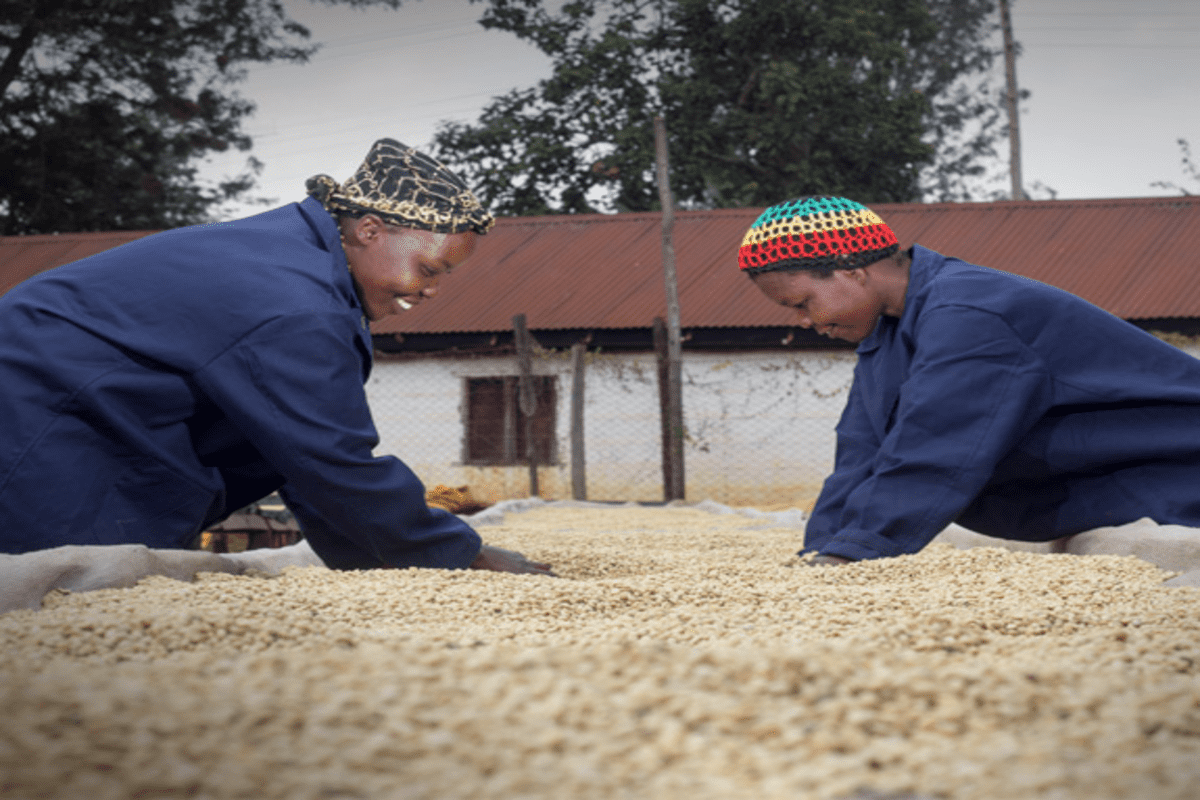
Global Coffee Trade
Introduction:
In recent decades, the worldwide demand for coffee has seen a remarkable surge, leading to significant expansions in production and exports. According to the International Coffee Organization (ICO, 2023b), global coffee consumption surpassed 168.5 million bags during the 2021-2022 period, with established markets like Europe, Japan, and North America driving more than half of this demand. However, the complex and opaque nature of the coffee market poses challenges for stakeholders, from producers to retailers.
Fluctuating Coffee Prices:
From early 2021 to late 2022, coffee prices experienced a steady rise, peaking at a ten-year high of US 244 cents/lb in February 2022. This increase was influenced by factors such as adverse weather conditions in key coffee-growing regions like Brazil and a reduction in the global coffee surplus. However, recent months have seen a significant decline in global coffee prices, now hovering around US 180 cents/lb. Despite this, the cost of coffee production continues to rise due to factors like increasing labor costs and input prices.
Production Dynamics:
Despite coffee being cultivated in over 50 countries worldwide, the market heavily relies on a few key producers. Brazil leads with 40% of global production, followed by Vietnam at 20%. This concentration of production poses implications for countries heavily reliant on coffee exports, highlighting the need for diversification to ensure long-term sustainability.
Consumption Trends:
Europe stands as the largest consumer market for coffee, followed by the United States and Brazil. Despite disruptions from the pandemic, consumption levels in Europe and North America have returned to pre-pandemic levels. Consumer preferences are evolving, with a growing demand for convenient options like single-serve capsules and ready-to-drink beverages.
Sustainability Challenges:
While consumer awareness of sustainability in coffee production is growing, the global market share of sustainable options remains limited. Barriers such as information asymmetry, higher prices, and lack of transparency hinder widespread adoption. Voluntary Sustainability Standards (VSS) like Fairtrade and Rainforest Alliance play a crucial role in promoting sustainability but face challenges in quantifying effectiveness and impact.
Conclusion:
The global coffee trade presents a dynamic landscape with fluctuating prices, concentrated production, and evolving consumption patterns. For Servicoff Limited, understanding and navigating these complexities is crucial for success in the coffee industry. By addressing challenges such as fair pricing, transparency, and sustainability, Servicoff Limited can contribute to a more equitable and resilient coffee supply chain. Collaboration among stakeholders is essential to overcome these challenges and ensure a sustainable future for the global coffee trade.
Source : Coffee Barometer Full Report






